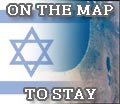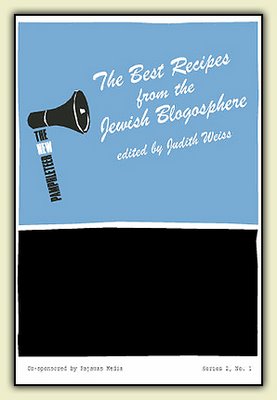In a discussion of the rescue and recovery efforts, a question came up concerning Ramadan, which began last week. During the month of Ramadan, Muslims refrain from eating and drinking during the daylight hours – this month-long fast is one of the Five Pillars of Islam, and its observance is essentially universal among devotees of the faith. The question was, would Muslims in the affected areas – both victims of the earthquake and the people responsible for rescue operations – observe the fast, even though such observance might have a negative impact on the physical stamina of both the already weakened victims and those who were working so hard to save lives?
The answer surprised me, although maybe it should not have.
The professor stated that even under the most dire circumstances, most Muslims would continue to fast. He went so far as to relate a story of one of his relatives who had been suffering from a gangrenous leg. The man’s leg needed to be amputated promptly, as septicemia was setting in. Given the man’s severely compromised condition, the surgery could not be attempted unless he took some nourishment. Instead, he chose to continue his fast – and, as a result, he died.
It is, said the professor, considered to be a great act of holiness to maintain one’s discipline in religious matters, even unto death. In this case, the man chose not to save himself because to do so would violate his religious precepts.
This is a way of thinking that is dramatically different from the philosophy of Islam’s Abrahamic brother religion, Judaism.
In Judaism, we have plenty of commandments to observe: 613 of them, to be precise, although not all of them can be observed in the absence of a Temple and sacrificial cult. But, with rare exception*, none of those commandments is more important than the need to save a life. The Hebrew term is pikuach nefesh - the preservation of life – and it trumps all religious duties.
[*The exceptions: If a Jew is forced to choose between death and engaging in a forbidden sexual act, denying the existence of the One True God, or murdering someone, death is preferable. But in all other cases, transgression is permitted - nay, required - to save a life.]
We observe a 25+ hour fast on Yom Kippur, the Day of Atonement, with observant Jews also fasting on Tisha b’Av, which commemorates the destruction of the Temples in Jerusalem. But if fasting poses any danger to an individual’s health (typically due to age or infirmity), that individual is commanded to avoid it.
Observant Jews do not ride on the Sabbath, nor do they talk on the telephone. But if an observant Jew has a heart attack on Saturday, he is required to call 911 and get an ambulance ride to the hospital. Pikuach nefesh is the royal flush that beats the full house of Sabbath observance.
In the Jewish worldview, life is precious, with death to be avoided if possible. “What value is it if I go down to my grave? The dead cannot sing Your praises,” says the Psalmist. God, in our view, prefers that his subjects live, if blind obedience would result in death.
Now: knowing this crucial difference between Jewish and Muslim philosophy, which culture is more likely to strap bombs to women and children so that they can blow up innocent civilians in the name of
Ah, yes – I thought so. What do you think?




















No comments:
Post a Comment